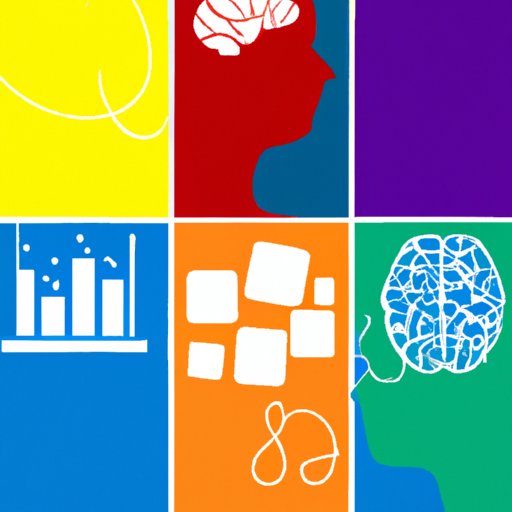Introduction
Science is an incredibly broad field of study that encompasses many different disciplines, from biology and chemistry to physics and mathematics. It is a way of understanding the natural world and our place in it, as well as examining the impact of scientific research and innovation.
Learning about science is important because it gives us the ability to understand the world around us and make informed decisions about our lives. It also helps us develop problem-solving skills, appreciate the process of scientific investigation, and explore new fields of study and knowledge.
Developing a Better Understanding of the World and Its Systems
One of the primary reasons why science is so important is that it helps us develop a better understanding of the world and its systems. Through scientific inquiry, we are able to explore how different phenomena interact with one another and gain insight into how they affect our lives.
For example, studying physics allows us to better understand the laws of motion, which can help us make sense of everyday occurrences such as why a ball rolls down a hill or why objects fall to the ground when dropped. Similarly, studying chemistry enables us to understand how different substances interact with each other, which can help us make informed decisions about what we eat and drink.
By studying science, we can also gain a greater appreciation for the natural world and our place in it. We learn about the delicate balance between humans and the environment and come to understand the consequences of environmental change. In addition, we gain an understanding of the history of science and investigate the cross-disciplinary nature of it, allowing us to explore new fields of study and knowledge.
Fostering Critical Thinking Skills
Another reason why science is so important is that it helps us develop critical thinking skills. By engaging in scientific inquiry, we can gain an understanding of the process of scientific investigation and the implications of scientific discoveries.
For example, by studying the scientific method, we can learn how to ask questions, form hypotheses, and test theories. We can also develop problem-solving skills by examining different data sets and coming up with creative solutions to problems. This process encourages us to think critically and consider the potential implications of our actions.
In addition, studying science helps us become more aware of the ethical implications of medical advances, technological developments, and other scientific breakthroughs. We learn to ask questions about the potential impacts of these discoveries and examine the consequences of their use.
Making Informed Decisions on the Environment, Health, and Technology
Finally, understanding science is important because it helps us make informed decisions about the environment, health, and technology. By studying biology, we can gain an understanding of how different organisms interact with each other and the environment, which can help us make decisions about how to protect endangered species and conserve natural resources.
Additionally, studying chemistry and physics can help us make informed decisions about our health. We can learn about the potential risks associated with certain substances and the effects of different drugs and treatments. Similarly, studying computer science and engineering can help us make better decisions about the technologies we use and their potential impacts.

Exploring New Fields of Study and Knowledge
Finally, studying science can help us explore new fields of study and knowledge. We can gain an understanding of the history of science and investigate the cross-disciplinary nature of it, allowing us to uncover new insights and opportunities for further research.
For example, studying biochemistry can lead to discoveries about the genetic makeup of organisms, while studying astronomy can open up new possibilities for space exploration. Additionally, studying mathematics can help us understand the patterns and relationships between different elements, allowing us to gain insight into the underlying structure of the universe.
Conclusion
In conclusion, learning science is essential because it helps us develop a better understanding of the world and its systems, foster critical thinking skills, make informed decisions on the environment, health, and technology, and explore new fields of study and knowledge. Understanding the importance of science is key to ensuring that future generations have access to the same opportunities for exploration and discovery.
(Note: Is this article not meeting your expectations? Do you have knowledge or insights to share? Unlock new opportunities and expand your reach by joining our authors team. Click Registration to join us and share your expertise with our readers.)
